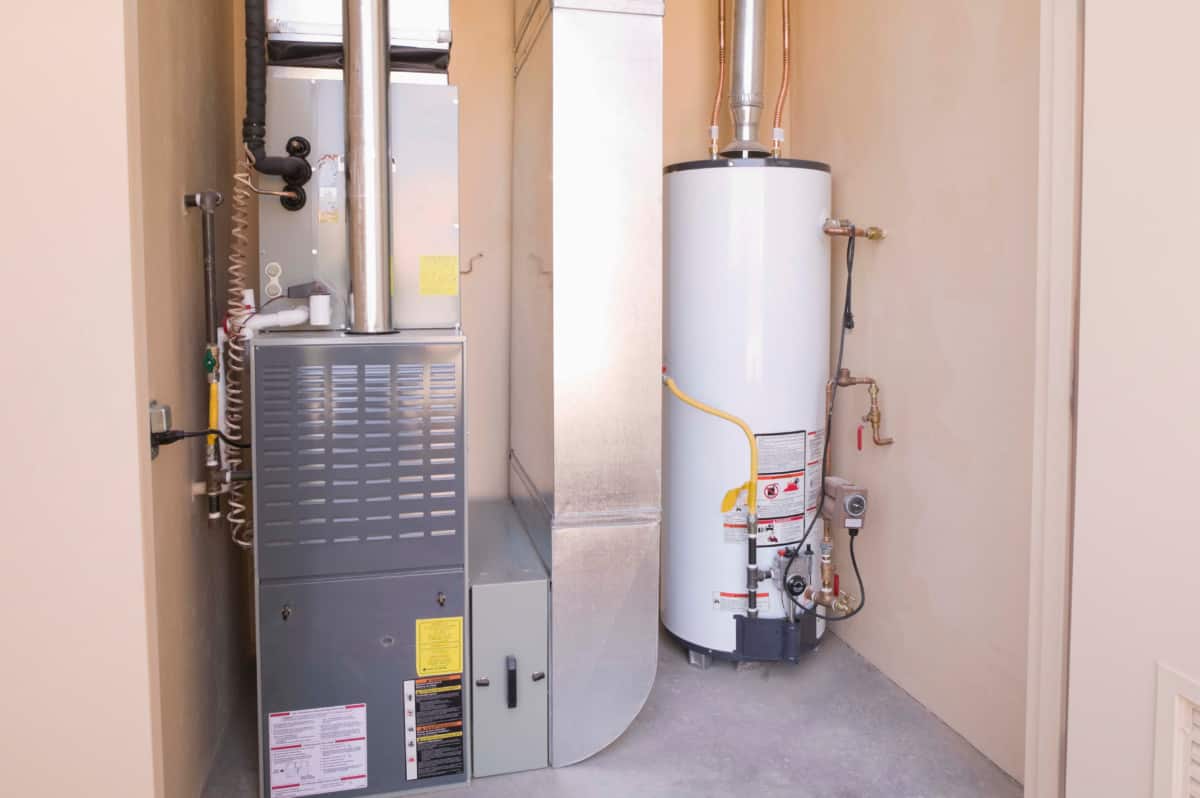Coping with the Most Frequent Hot Water Heater Emergencies
Coping with the Most Frequent Hot Water Heater Emergencies
Blog Article
Listed here down the page you'll find a good deal of worthwhile information relating to Common Hot Water Heater Problems.

A hot water heater is among the most crucial standard home appliances that can be found in a house. With water heaters, you don't require to experience the tension of heating water by hand each time there is a requirement to wash, wash, or the meals. There is constantly a possibility that your water heater would act up as with a lot of mechanical tools.
It is important to note any type of little breakdown as well as tackle it rapidly before points get out of hand. A lot of times, your hot water heater starts to malfunction when there is a build-up of sediments as a result of constant use. As a preventative measure, routine flushing of your hot water heater is suggested to stop sediment accumulation as well as avoid practical failing.
Common hot water heater emergencies and also exactly how to manage them
Leaking water heater tank.
A leaky container could be an indication of rust. It might cause damage to the floor, wall surface and electrical devices around it. You could also be at risk of having your apartment flooded. In this circumstance, you should shut off your hot water heater, permit it to cool off, and thoroughly search for the source of the trouble. At times, all you need to do is to tighten up a few screws or pipeline connections in cases of small leaks. If this does not work and also the leakage lingers, you may require to use the solutions of a service technician for a suitable replacement.
Rising and fall water temperature level.
Your water heater might begin generating water of various temperature levels generally ice chilly or hot warm. There may be a need to change either the thermostat or the heating unit of your water heater.
Inadequate warm water
It may be that the water heater can not sustain the hot water need for your apartment. You could upgrade your water heating system to one with a bigger ability.
Blemished or odiferous water
When this happens, you need to recognize if the issue is from the water or the storage tank source. If there is no amusing scent when you run chilly water, after that you are certain that it is your water heating unit that is damaged. The stinky water can be created by rust or the buildup of microorganisms or debris in the water heating system tank.
Conclusion
Some house owners disregard little caution as well as minor faults in their hot water heater unit. This just causes more damage as well as a feasible complete failure of your appliance. You must deal with your water heater faults as quickly as they come up to avoid even more expenses as well as unneeded emergency problems.
With water heating units, you do not require to go with the anxiety of heating water by hand every time there is a demand to take a bath, do the laundry, or the dishes. Your water heating unit can start producing water of various temperatures typically ice cool or hot hot. It might be that the water heater can't support the hot water need for your home. If there is no amusing odor when you run cold water, after that you are particular that it is your water heating system that is defective. The smelly water can be created by rust or the buildup of bacteria or debris in the water heating unit storage tank.
Common Water Heater Issues and What You Should Do
What Type of Water Heater Do You Have?
Before we begin it’s first important that you identify the type of water heater you have on your property. There are two main types of water heaters out there: conventional and high efficiency.
Both of these types of products typically use either gas or electricity to heat power. There are also solar water heaters that use a thermal collector on the roof or yard to heat the water.
While these models are not as common, they can cut heating costs in half. In this article, we will focus on conventional and high efficiency.
How Do My Electric and Gas Water Heater Work?
Though they look similar, electric and gas water heaters work very differently. It’s important to know their basic function because often problems can be specific to the heating source.
In the electric model, a thermostat on the side of the machine detects the temperature of the water in the tank. When the temperature needs to rise electricity flows to a heating element suspended in the water.
Gas models also use a thermostat device — typically with a mercury sensor at the tip and an additional sensor called a thermocouple. The thermocouple detects whether the pilot light is on and controls the flow of gas.
When the thermostat drops below the appropriate level gas is released which becomes ignited by the pilot light. The flame heats the bottom of the water tank which causes hot water to rise and cold water to drop.
This natural circulation continues until the water reaches the desired temperature. Then, the thermostat triggers the gas control valve to shut off the flow of gas.
What Are the Most Common Issues and How Do You Fix Them?
https://happyhiller.com/blog/common-water-heater-issues-and-what-you-should-do/

Hopefully you enjoyed reading our article on The Importance of Water Heater Maintenance. Thanks for taking time to read our post. Sharing is caring. You never know, you may just be helping someone out. We love reading our article about Common Hot Water Heater Problems.
Visit Our Website Report this page